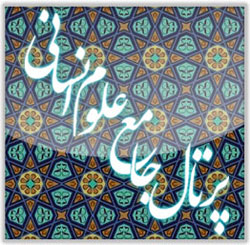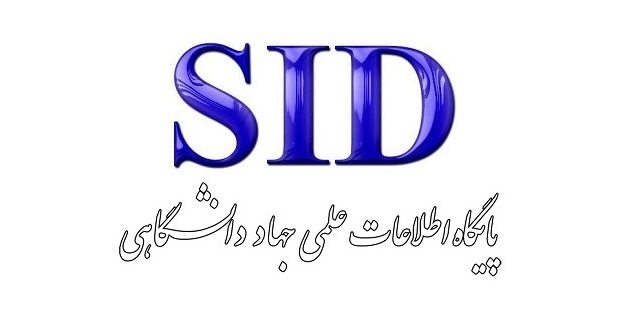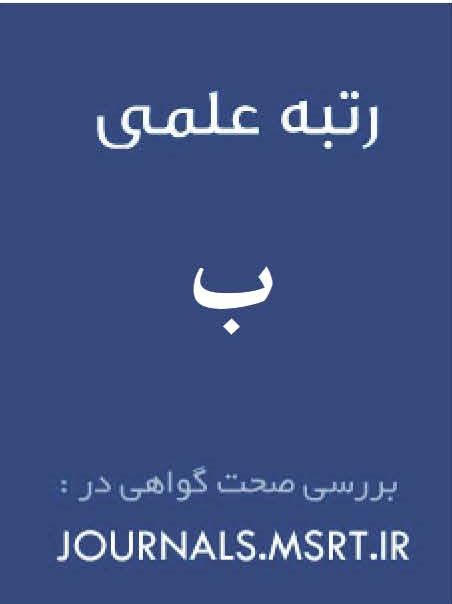A Formalist Critique of the Poems of Kioumars Monshizadeh and Ali Babachahi Based on Geoffrey Leech’s Model
Keywords:
Formalism, De-familiarization, Jeffrey Leach, Monshizadeh, BabachahiAbstract
One of the innovative approaches in the critique of literary texts, rooted in modern linguistics, is formalist criticism, which analyzes and examines literary works and the prominent features of a writer’s work while uncovering and documenting the aesthetic and artistic values of those works based on linguistic form. In other words, the primary focus of formalist critics is on the structure and form or the superficial aspects of a literary work. Formalist theorists argue that the way a poet or a writer employs language differs from how it is used by others. Kioumars Monshizadeh and Ali Babachahi are among contemporary poets who employ literary language in a distinctive manner. Both poets have effectively utilized formalism to shape and structure their poetry in a unique and aesthetically appealing way. Accordingly, the present study, using a descriptive-analytical method and based on a formalist approach, examines and analyzes the poetry of these two poets through the lens of Geoffrey Leech’s theory of deviation. The findings of this study indicate that both poets, through various techniques, sought to enhance the literariness and prominence of their poems to attract the reader’s attention. From selecting innovative titles and employing fresh and novel expressions to using different types of deviations—including semantic, lexical, stylistic, phonetic, grammatical, and dialectal deviations—one can discern the flawless impact of formalism in their poetry.
Downloads
References
1. Ahmadi B. Structure and Interpretation of Text. 12th ed. Tehran: Markaz; 2010.
2. Payandeh H. Literary Criticism and Democracy. Tehran: Niloufar; 2009.
3. Bagherian Bostanabad E. Satire in Contemporary Poetry. Baharestan Sokhan (Persian Literature). 2008;12:127-44.
4. Sarli N. Standard Persian Language. 1st ed. Tehran: Hermes; 2008.
5. Anousheh H. Persian Literary Encyclopedia. Tehran: Organization for Printing and Publishing; 1997.
6. Afkhami A. A Linguistic Study of Symbolism as a Type of Semantic Deviation in the Poetry of Nima Youshij. Faculty of Literature and Humanities (Tehran). 2001;1(3):207-20.
7. Dastgheib SA. Poetry Notebooks: Redder than White by Kiumars Manshizadeh. Chista Magazine. 1993;99-100:1096-104.
8. Jamali M. An Introduction to the Concept of Form and Formalism in Modern Art. Philosophical Essays. 2016;28:5-35.
9. Rouhani M, Ghadikolaei M. A Study of Defamiliarization and Grammatical Deviation in the Poetry of Manouchehr Atashi. Research in Literary and Rhetorical Studies. 2015;3(2):23-44.
10. Leech GH. Linguistic Guide to English Poetry. New York: Longman; 1969.
11. Ashouri D. Poetry and Thought. Tehran: Nashr-e Markaz; 1994.
12. Rashidi Gamin K, Esfandyarpoor H, Yousefi Pour P. A Reflection on the Thoughts and Beliefs of the Mathematical Poet (Kiumars Manshizadeh). Iranian Studies Journal. 2022;41:246-71.
13. Parsamotlagh S. Zero in the Beak of an Orange Crow Without a Sky: A Conversation with Kiumars Manshizadeh. Azma Magazine. 2008;61:13-9.
14. Hassanli K. A Formalist Re-reading of a Ghazal by Bidel. Literary Criticism Quarterly. 2008;1(2):29-38.
15. Ehsani Estahbanati MA, Sarfi MR. Baba Chahi and Linguistic Components of Postmodern Poetry. Scientific Journal of Linguistic and Rhetorical Studies. 2021;12(23):7-36.
16. Zangoui A. Indigenous Poetry. Tehran: Lian; 2010.









